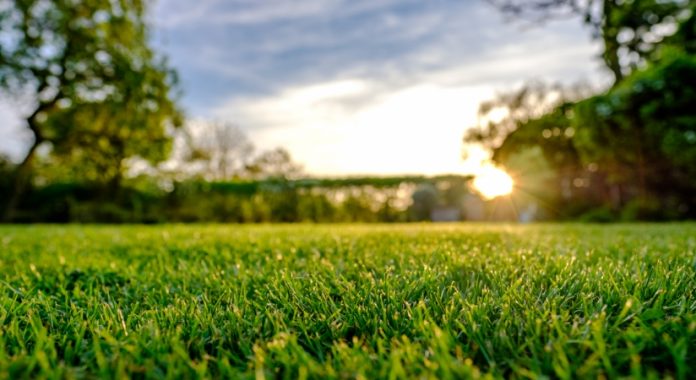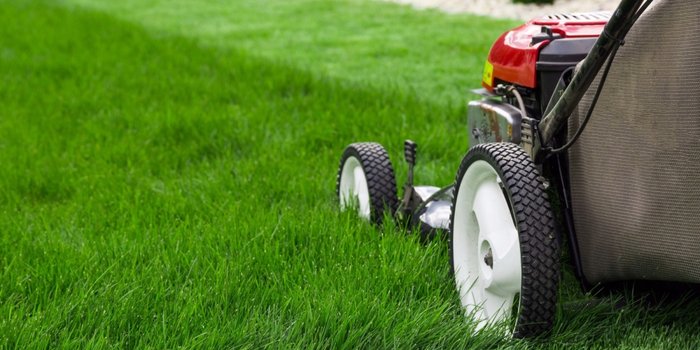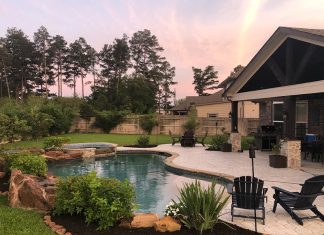Having a beautiful green lawn does not just happen by magic. Lawns need to be cared for in the right way if they are to look good and remain healthy. This is why it’s so important to know what you should and should not do when you are caring for your lawn. Doing the wrong thing can have serious consequences.
Once consequences, like a dying lawn or the growth of moss, start to happen it can be difficult to restore a lawn back to full health. Here are some important do’s and do not’s that can help you avoid this sort of situation.
-
Do keep grass at the right height
Mowing a lawn may seem like an easy process, but if you get it wrong you could end up killing the grass. It’s not so much how often you mow your lawn that matters but making sure that the grass stays at the right height. Most grass likes a height of 1.5-2.5 inches, but this can vary, so check the ideal height for the grass you have in your lawn. Mow often enough to retain this height without having to cut off more than a third of the length of the blades.
-
Do not mow too short
This is linked to the last point. Some people see ornamental lawns that are very short and think that is the way to go. Some show lawns are kept short, but they are specially cared for in order to help them thrive. A normal lawn should not be mown too short. Having some length in the blades of grass means that the roots are longer and healthier. This means that the grass is better able to compete with weeds and stave off disease.
-
Do fertilize if necessary
If you have an established organic lawn, it should be able to get all the nutrients it needs from natural sources. However, if your lawn needs a boost, it’s fine to fertilize. It’s best to use an organic fertilizer as it’s less harmful to you, your pets and the environment. Pay attention to the directions on the bottle or packet when you use fertilizer.
-
Do not over water
You should not usually water a lawn every day. It’s better to water less often but deeper. You may want to set your sprinkler system up to water 2-3 times each week. This can be adjusted if there is a lot of rain as a lawn should only need around 1 inch of water each week, from any source, in order to thrive. Over watering a lawn can lead to several problems including insect damage and weed growth. Of course, it’s also a waste of water which can be a big problem when rain is scarce.
Paying attention to what you should and should not do is an important part of good lawn care. It helps to keep your lawn in a healthy condition and looking good. This is the ideal result for any proud lawn owner.















